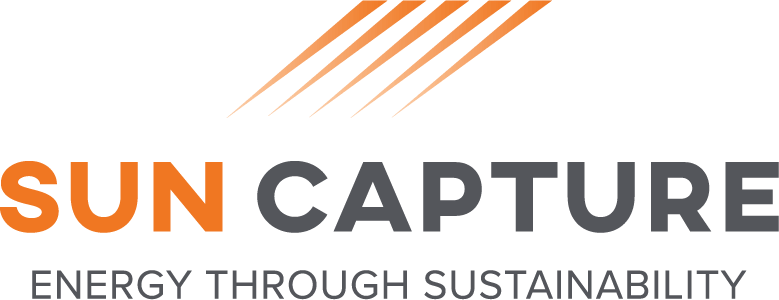Solar Power Financing: 3 Options for Purchasing Panels
March 29, 2021If you are looking to implement solar energy into your business or commercial property, there are a few different financial roads you can take. Which one is best depends entirely on the variables of your project, your cash flow and the available terms offered.
The decision is based on simple economics, and the available options to you at any time. Ultimately, your financial leeway — and financial goals — will determine which option is best. Financing and lease options vary dependent on location, but the following three options are examples of how countries like the United States handle solar power financing.
1. Purchasing Outright with Cash
Buying solar panels with cash is, in most cases, the best avenue. You won’t pay financing charges and you will own the system from the beginning, meaning that money will be coming in each month in savings on power. Of course, having the cash available to do so isn’t always a guarantee — especially if you plan to outfit a large structure or multiple buildings that require an extensive number of panels.
Your decision to purchase commercial solar panels with cash should be evaluated in a number of ways. Full cash purchases are almost always preferable, but each situation is unique, and should be treated as such. One thing is for sure — with a cash purchase, you’ll see return on investment quicker than any other option.
2. Solar Financing
In many countries, the options for financing depend on purchase size, the area in which you live, and other overall financial considerations. Generally, both short-term and long-term solar financing options are available.
Depending on your cash flow — and the terms of each option — you should be able to make a decision that works for your business. In most cases, you can finance the entire cost of the solar system, allowing you to start reaping the benefits of energy savings immediately. And those savings will more than cover your solar financing payments.
When assessing the loan terms, most banks will treat the solar panels like any other investment. The bank will estimate the amount of income via savings the panels will produce, just as they would estimate the income for a proposed commercial property. And with solar power, there’s no mystery. The number of panels purchased, combined with the estimated amount of savings, will determine the viability of the loan.
Solar financing, like solar power itself, is relatively new to the Kingdom, but look for more financing options to emerge soon as solar power becomes more prevalent in Saudi Arabia.
3. Solar Leases
In some countries, solar leases are available. With a solar lease, you don’t own the panels, but instead rent them from a solar power company. There are pros and cons to this approach.
Leasing solar panels will allow you to start saving with solar power immediately, but without as much upfront cost as buying them outright — and with more upfront cost than financing. There are some zero-down solar leases as well, but it depends on what’s available in your area. Your return on investment in the long-term is far less than it would be with a purchased system that you would fully own in 20 years, at which point you would generate energy for free in perpetuity.
Leasing, however, does have its benefits. Since you don’t own the panels, you are not responsible for maintenance and upkeep, and you’re not tied to older panels years down the line should new panel technologies arise.
In the end, the method you choose for solar financing depends on your individual situation, your project size, your cash flow, and the solar financing options available in your area. Do some research, and you’ll find the perfect fit for your business.
Sun Capture is a solar energy services company in Saudi Arabia helping businesses in the GCC bridge the gap between the current rising energy demands and costs, and the coming national move towards affordable renewable energy. To learn more about how solar can help your energy needs and bring your business in line with Saudi Vision 2030, contact us today.


